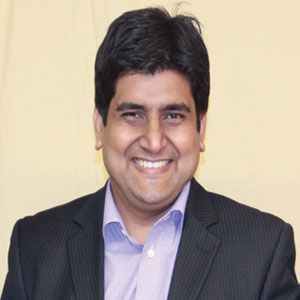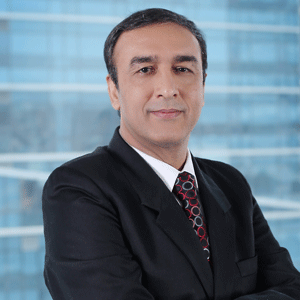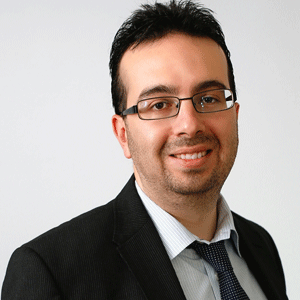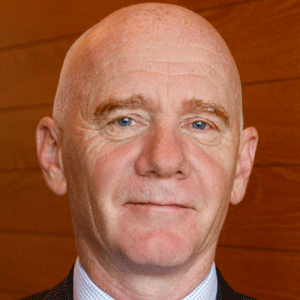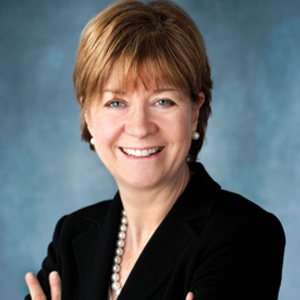Read Also
Done Today Beats Perfect Tomorrow: The New IT Advantage
Samuel Budianto, Head of Information Technology,Time International
The Shift from Cybersecurity to Product Security: A Business Imperative
Peter Wong, Head of Information Security and Compliance, Apac, Edenred
Advancing Retail through E-Commerce, Cloud and Cybersecurity
John Gaspar Antonio, CIO/Vice President for Information Technology & E-Commerce / Data Protection Officer, Metro Retail Stores Group
Transforming Risk Management into Strategic Business Advantage
Jeremy Leong, Chief Risk Officer and Head of Risk and Compliance, Taishin International Bank – Brisbane Branch
Designing Future-Ready, People-Centered Workplaces
Peter Andrew, Executive Director, Head of Workplace Strategy, Advisory Services, Asia Pacific, CBRE
Shaping Customer Experience Through Smarter Logistics
Pascal Kouknas, General Manager of Logistics, Shipping, and Information Technology, Freedom Australia
Storing Physical Cargo vs Storing Digital Data
Lukas Mardhi, Head of Property Spil Group, Director Spil Logistics Properties, Pt Salam Pacific Indonesia Lines
Driving Culture Change to Power Digital Innovation
Yew Jin Kang, Chief Technology Officer, Plus Malaysia


